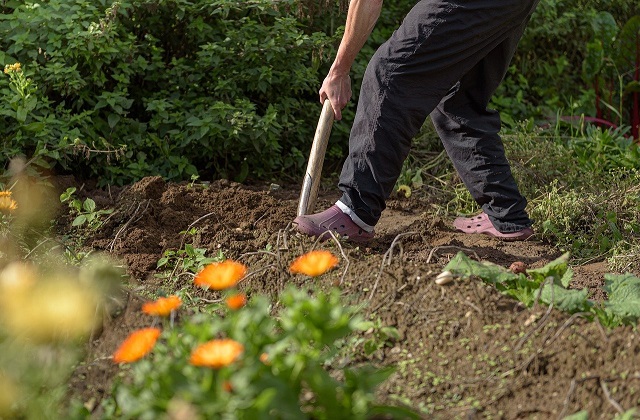The pandemic has taken its toll on many peoples’ mental health. Given the fear of the virus and the government restrictions on movement many may understandably be feeling more lonely, anxious, and depressed than usual. The World Health Organization (WHO) has even issued guidance on how people can look after their mental health during this difficult time. Key advice includes trying to keep a regular pattern of eating, sleeping, hygiene and exercise.
But a less obvious recommendation is to make sure you’re still finding time to do the things you enjoy. In fact, research shows that having a hobby is linked to lower levels of depression – and may even prevent depression for some.

Losing interest and joy in things you normally like doing is one symptom of poor mental health. Known as anhedonia, this is a common symptom of depression and is something patients say they would most like relief from – possibly because the drugs used to treat depression target other symptoms and don’t seem to alleviate it.
For some people, anhedonia is one of the first symptoms of depression, and can even be used to predict the severity of depression a person might experience.
So, finding time for your interests and pleasures – such as a hobby – during lockdown could be one way of avoiding anhedonia and depression. In fact social prescribing is a treatment method where doctors can ask patients with mild to moderate depression to take up a non-medical intervention (such as a hobby) to improve their mental health. As antidepressants can be less effective in those with mild depression, this treatment strategy may still help patients with depression find relief from their symptoms.
So far, some studies have shown that social prescribing programmes that ask patients to take up hobbies such as gardening or art are beneficial for mental health and wellbeing.
Evidence also shows that even for those with clinical depression, certain psychological treatments – like behavioural activation, which requires patients to schedule in time to do things that bring them pleasure and joy – improve symptoms of depression. A wide range of activities and hobbies may play a role in social prescribing and behavioural activation, such as exercising, playing an instrument, drawing, reading or handicrafts.
Reward system
The reason that finding time for hobbies can work has to do with how they affect the reward system in the brain. When we take part in a hobby that we enjoy, chemical messengers in the brain (known as neurotransmitters) are released – such as dopamine, a chemical which helps us feel pleasure. These feel-good chemicals can then make us want to do the hobby again, and feel more motivated to do so.
So even though we may not feel motivated in the beginning to spend time on a hobby, once we start it and feel the associated pleasure, this will kick-start our reward system and subsequently our motivation to do it again. This is something we’re researching in greater depth in our lab.
Alongside pleasure and motivation, hobbies can also bring other benefits. Physical hobbies can, of course, improve your fitness, and others can even improve your brain function. Research suggests that some hobbies – like playing a musical instrument – can improve your memory, while artistic hobbies (such as reading or board games puzzles) are reported to prevent dementia later in life.
So if you’re feeling lower than normal during the pandemic, perhaps try to find time to re-engage with some hobbies that you may have enjoyed in the past – or try new ones. You can also seek help or guidance from your GP or a therapist to find the best treatment for you.
Dr Ciara McCabe is an Associate Professor of Neuroscience in the Department of Psychology.
This article is republished from The Conversation under a Creative Commons license.
